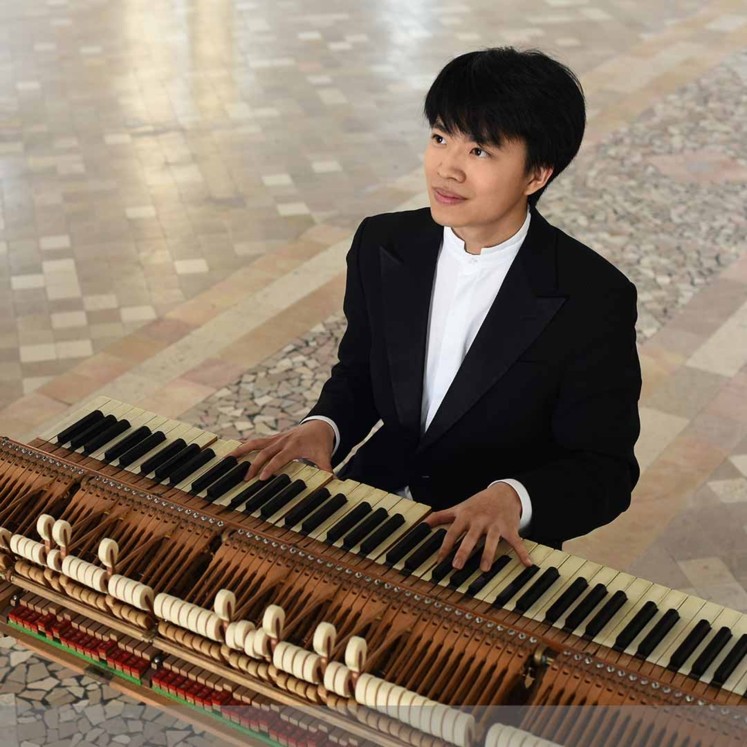
Julius Reubke, who died in 1858 at the age of 24, was, like Norbert Burgmüller before him and Rudi Stephan after him, one of the great unfulfilled hopes of German musical history. He was the son of an organ builder, and from 1851 studied in the Conservatorium in Berlin where his exceptional talent quickly attracted attention. He was recognised by Hans von Bülow as the best student there in a letter to Franz Liszt, when Reubke moved to Weimar to study piano and composition with him.
Under Liszt´s influence he wrote his B minor Sonata, a work of almost orchestral proportions, and the 94th Psalm, a work which transferred symphonic poem principles to the organ sonata genre, and represents one of the few superlative organ compositions between Johann Sebastian Bach and Max Reger. Reubke´s oeuvre, which as far as we know consists of only three solo works for piano and three for organ, will be performed complete, in combination with one piano and one organ composition by his teacher Liszt.
Kit Armstrong returns to the Brucknerhaus in a double function as pianist and organist. He made his Brucknerhaus debut on 13th April 2019, and was ethusiastically acclaimed by the audience.
Franz Liszt (1811–1886)
Scherzo and March for piano, S. 177 (1851)
Julius Reubke (1834–1858)
Scherzo in D minor for piano (before 1856)
Mazurka in E major for piano (before 1856)
Sonata in B minor for piano (1856–57)
– Interval –
Franz Liszt
Prelude and Fugue on the theme B-A-C-H for Organ, S. 260/2 (1855–56, rev. 1869–70)
Julius Reubke
Adagio In E minor for Organ (w. y.)
Trio in E flat major for two Manuals and Pedal (1850)
The 94th Psalm. Sonata in C minor for Organ (1857)
Kit Armstrong | Piano and Organ